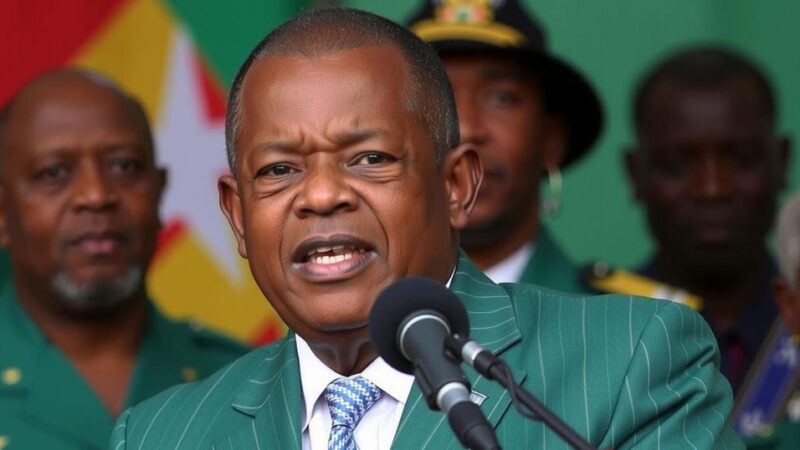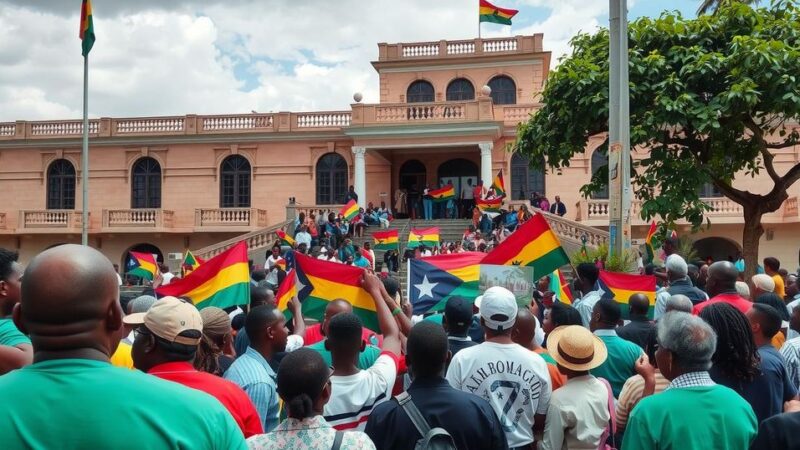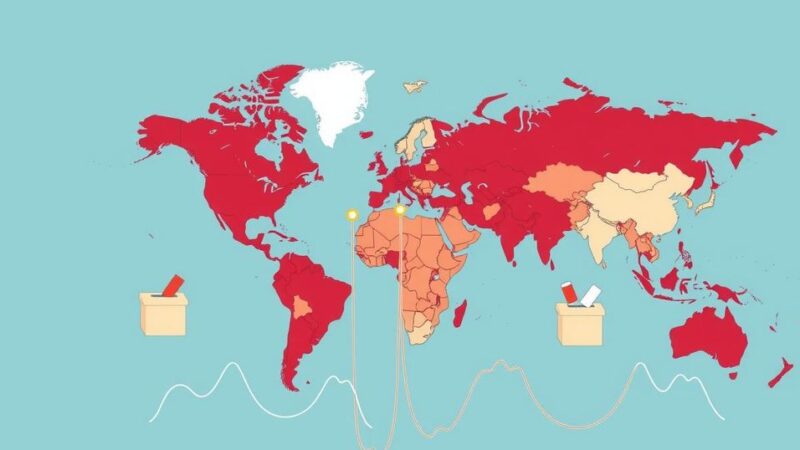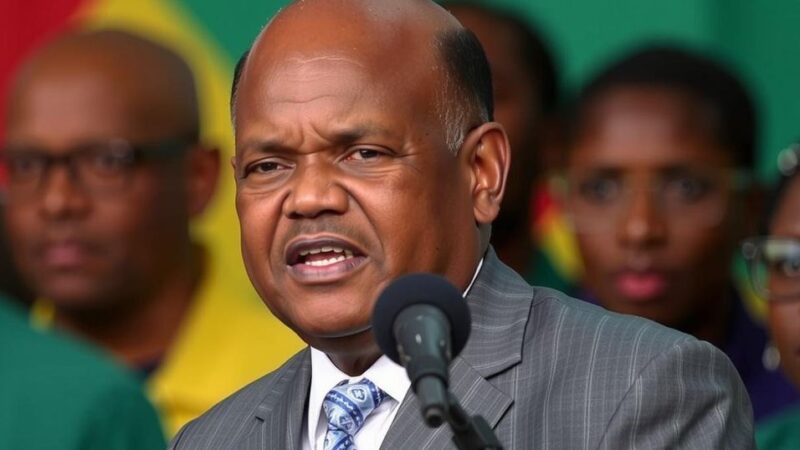The electoral year of 2024 has revealed concerning trends in democracy, particularly regarding the lack of gender representation and a widening schism between citizens and leaders. With only 30% of parliamentary seats held by women worldwide, progress remains painfully slow. However, Chile’s example shows that meaningful representation is possible. The article calls for renewed citizen engagement and appreciation for democratic achievements, emphasizing the responsibility of both leaders and constituents in strengthening democratic institutions.
The current electoral climate represents a watershed moment, with over 1.6 billion citizens participating in the democratic process across more than 70 nations. However, this year has underscored a disconcerting trend: the increasing vulnerability of democratic ideals and a growing estrangement between citizens and their elected officials. The global challenges of climate change, economic disparities, and social injustices are contributing to this disenchantment, especially among younger demographics who feel inadequately represented and heard.
A critical insight from these elections is the alarming stagnation in achieving gender representation within parliaments worldwide. With women occupying less than 30% of parliamentary seats and only about 30 nations being led by women, these statistics remain stark reminders of persistent gender inequality. At the current rate of progress, full gender parity is projected to take approximately 130 years.
Chile’s noteworthy example of achieving gender balance in its 2022 constitutional convention, where women constituted half of the delegates, stands in stark contrast to the global situation. This achievement indicates that inclusivity in democratic representation is possible. Although the proposed constitution was not adopted, the process illustrated the potential for advancing gender equality and the importance of establishing sustained democratic dialogues beyond mere election cycles.
It is imperative to nurture the understanding that democracy requires active participation from both leaders and citizens. Elected officials must reflect the diversity of the populations they serve, while citizens should take their roles as guardians of democratic ideals seriously. True democratic engagement extends beyond the act of voting; it encompasses ongoing dialogue and advocacy for inclusivity and equity.
Despite persistent challenges, we must maintain a sense of gratitude for democracy and its capacity to foster peace and progress. Each electoral outcome, while sometimes contentious, embodies the collective voice of the people, which should be honored and respected. Initiatives such as “Thank You Democracy” by the Global Democracy Coalition play a vital role in preserving the memory of democracy’s achievements, from expanding suffrage to promoting equality.
As the year of elections concludes, it leaves behind valuable lessons. While sentiments may vary, the imperative to build a future-ready democracy remains clear. Citizens must once again become central to the democratic discourse, ensuring their voices are heard and valued. The responsibility to act and strive for a more representative and inclusive democracy lies with all of us.
In recent times, the world has witnessed a significant electoral year, with a culmination of voter participation representing diverse nations. This landscape is fraught with challenges, pivotal issues reflecting the erratic trust in democratic systems, particularly evident among the youth. The article discusses the pressing need for gender equality in political representation, while also emphasizing the overall disenfranchisement felt by citizens. Effective representation and renewed public trust in governance are deemed essential for a resilient democracy in contemporary society.
The year of elections has imparted critical lessons regarding the state of democracy. The stark underrepresentation of women in political institutions and the increasing apathy towards political engagement highlight the urgent need for reform. Successful examples, like Chile’s balanced constitutional convention, demonstrate that gender parity is achievable. Moving forward, active participation and dialogue in the democratic process are essential to embrace inclusivity and restore public trust. Ultimately, it is our collective responsibility to champion democracy as a living entity requires continual nurturing and vigilance.
Original Source: www.theguardian.com






